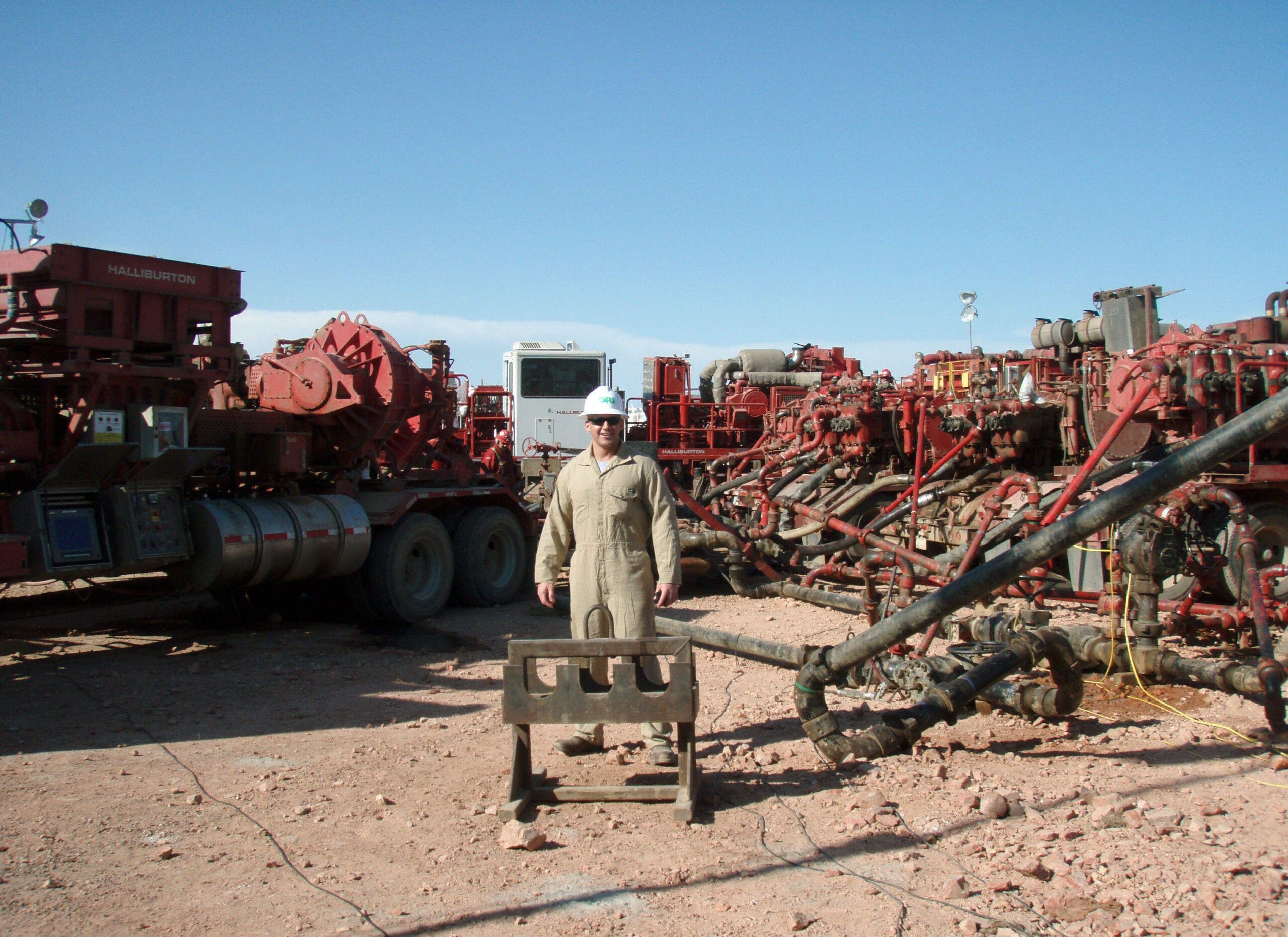

Coal-fired power plants are inconsistent with the 2°C target that has been set by the COP21 climate change talks in Paris. This is according to analysis by the Climate Action Tracker, which says that emissions from the world’s existing plants will be 150% higher than what would be needed to hit 2 degrees.
At COP21 in Paris, the message is that coal is unsustainable and debates are going ahead about whether a transition towards gas would be a more environmentally friendly option.
Many talks are focussing on how nations can move away from being dependent on fossil fuels and develop renewable energy technologies, and natural gas has been put forward as a way of connecting the past and the future of energy – the much-discussed ‘natural gas bridge’. Gas is already the fastest growing major fuel and more dependence on it could further open up the offshore gas market.
Is gas greener?
Gas producers in particular are arguing that they should receive more favourable treatment from governments because gas is the ‘greener’ choice. Royal Dutch Shell, BP, Total, Reliance and others have stated their support for the shift towards gas power generation, and the International Gas Union has also emphasised the potential environmental benefits of a gas transition.
See Also:
Natural gas is often found in offshore fields such as those in the North Sea, Corrib Gas Field off Ireland and the Sable Offshore Energy Project in the Scotian Shelf. Texas is also a leading provider of natural gas, and greenhouse gases have been on the decline in the US. Some argue that this is no coincidence.
How well do you really know your competitors?
Access the most comprehensive Company Profiles on the market, powered by GlobalData. Save hours of research. Gain competitive edge.

Thank you!
Your download email will arrive shortly
Not ready to buy yet? Download a free sample
We are confident about the unique quality of our Company Profiles. However, we want you to make the most beneficial decision for your business, so we offer a free sample that you can download by submitting the below form
By GlobalData"If participants in the Paris summit are interested in solutions that have actually worked, they have to focus on natural gas," said North Texans for Natural Gas spokesperson Steve Everley. "Carbon emissions from electricity production are at a 20-year low in the United States, thanks in large part to increased natural gas use."
In theory, gas is a more environmentally friendly fossil fuel. When natural gas is burned, it produces up to 50% less CO2 than when burning the equivalent of coal and 20-30% less than diesel.
Burning more natural gas would also reduce the sulphate pollution that causes acid rain and the particulate emissions that can cause lung disease. An estimated 3.7m people worldwide die every year as a result of ambient air pollution and many of those deaths are believed to be caused by energy generation. A reduction in urban smog is an attractive prospect for countries such as India and China, where people commonly suffer from heart attacks, strokes and asthma as a result of poor air quality.
An imperfect solution
Ultimately, gas is still a fossil fuel and causes considerable damage to the environment, so renewable alternatives are necessary in the long run. Statoil expects its offshore wind farms to soon supply more than 600,000 UK homes with energy when it finishes building them in 2016.
There is also the concern that if countries become excessive reliant on natural gas and see it as the clean option, this could slow down or even halt their investment in to more renewable energy technologies. The exploitation of natural gas could actually increase the global use of fossil fuels and pump more greenhouse gases into the atmosphere.
Natural gas is methane (CH4), which is a greenhouse gas even more potent than CO2. Gas has the tendency to leak and so when it is transported long distances, this leakage can be a considerable contributor to emissions.
Fracking problems
Adding to the environmental hazards, hydraulic fracturing (fracking) is required to extract unconventional natural gas from the ground. Fracking, a method of drilling and injecting fluid into the ground at a high pressure to fracture shale rocks and release the natural gas inside, is an unpopular and notoriously environmentally unfriendly process.
It takes an average of 400 tanker trucks to carry water, supplies and waste to and from each gas well per frack, every one burning diesel or petrol in the process. Also, up to 600 chemicals are used in fracking fluid, including known carcinogens and toxins such as radium, lead, hydrochloric acid and formaldehyde. Some of these 40,000 gallons of toxic liquid can leach out of the system and contaminate surrounding water.
Carbon Tracker chairman Jeremy Leggett says: "I think the recent flow of evidence about leakage from gas infrastructure, from the fracking process through to the hob, may yet mean that we have to account gas as worse than coal in warming terms."
Nations are trying to work out what to do to decrease their carbon emissions at the Paris climate change talks and it is likely that natural gas will play a role in that. However, it shouldn’t be considered the be-all and end-all of energy policy as in this case, the easiest answer may not necessarily be the correct one.




